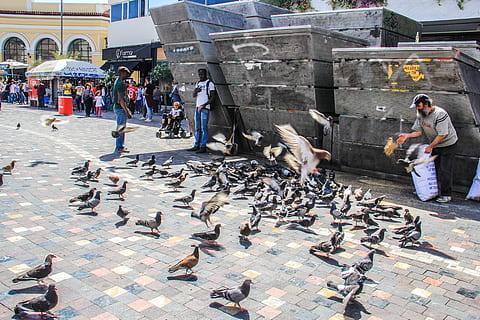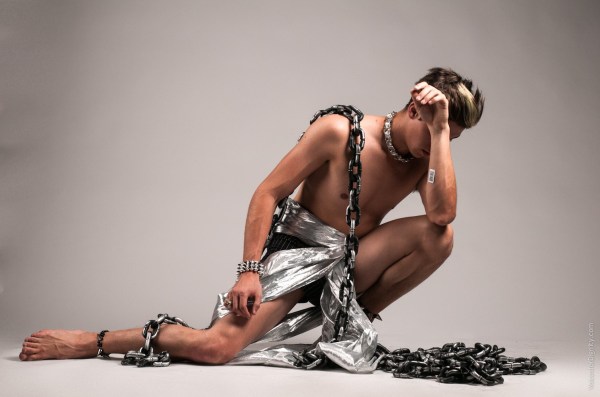Welcome all to September 2020’s issue of Synchronized Chaos Magazine. This month’s theme is Fragility and Mercy.
“In uncertainty I am certain that underneath their topmost layers of frailty men want to be good and want to be loved. Indeed, most of their vices are attempted shortcuts to love.”
― John Steinbeck
“You see, my son,” continues Kolbe softly, “the saints are not so different than you or me. Their stories reveal them to be very much human. However, this frailty does not weaken their witness or holiness, but rather extends to us the invitation to the same life amid our own frailty.”
― Jamie Arpin-Ricci, The Sinner Saint: A Novella of St. Patrick of Ireland
“I was reminded of a proverb: ‘When a clay Buddha statue sails across the river, it can hardly protect itself.”
― Qiu Xiaolong, Enigma of China
“You can never be a first class human being, until you have learnt to have some regard for human frailty.”
― Abhijit Naskar, Conscience over Nonsense
This month’s contributors express our hopes, aspirations, struggles, and yearnings, and where we go to find meaning and grace.

Doug Hawley writes of how the end of a person’s cancer journey impacts his family, while Kevin Hibshman discusses the lessons of pain and loneliness.
Michael Lee Johnson sends us vignettes of complex relationships, fragile beauty, and battlefield deaths. Tony Beyer writes, among other things, of caring for pets: our companion dogs and cats.
Hongri Yuan envisions a lovely, orderly golden city in our future while Allison Grayhurst draws on her Christian faith to reflect on compassion and mercy.
Art gallery owner, painter, poet and sculptor Sara Joseph speaks of how her faith journey, her creative work, and her maturing as a person all connect in her memoir Gently Awakened. Mary Bone writes of the simple beauty of birds, the sun, and the insects of summertime.
Mark Young combines images of hardness and softness, delicacy and strength while Steven Jarrell Williams reminds us, in a gentle way that however we wander or err as humans, nature outlasts and forgets us.
Michael Robinson honors contributor Joan Beebe’s husband and talks of love, legacy and mentorship. Joan sends in a lovely and poignant piece about her memories, reflecting over her long and love-filled life.

In her monthly Book Periscope column, Elizabeth Hughes reviews Andre Mego’s Reverend Duckworth: How Kendrick Lamar Lyrics Redefined Spirituality for Me, about how and where Kendrick, and Mego, find meaning and grace in life.
Norman J. Olson reviews art historian William Wallace’s latest work Michelangelo: God’s Architect, describing how Michelangelo painted the Sistine Chapel, an opportunity he received later in life after he’d already begun designing his own coffin.
Ahmad Al-Khatat expresses some hope amidst the misery of trauma and discrimination. In his new novel Not Okay, Brett Axel writes of a vigilante murderer who evokes tenderness despite his brash words and behavior because of his history of abuse and because his goal is to protect children.
Moustafa Dandoush writes about the ups and downs of romantic love and friendship.
A. Iwasa relates vignettes of love and small crushes he developed while working with a moving company and Ian Copestick talks of heatwaves and minor illness in a time of pandemic. Tim Suermondt writes of romance and nostalgia, along with a poignant love letter to global cities struggling amid coronavirus.

Santiago Burdon presents a character addicted to drugs, focused on external disapproval rather than his own personal choices, while J.J. Campbell’s pieces deal with stuck-ness, feeling at a loss to change one’s life.
Chimezie Ihekuna shares a Mafia suspense tale where best laid plans for revenge go awry.
Mahbub looks to Greek mythology to express the constant tension between love and death, while Mike Zone and Daniel DeCulla use cats and donkeys as metaphors for our impulses to connect to, or become, something greater than ourselves.
J.D. Nelson and Damion Hamilton use wordplay and contemplative pieces to speculate on who we are, how we can live our lives. Ike Boateng is always ready for inspiration, be it musical or poetic.

The Steinbeck quote is poignant. Although, he may not have seen a world where man becomes indifferent. This is the opposite of love. Hate cares about something, even if it’s just the welfare of self.